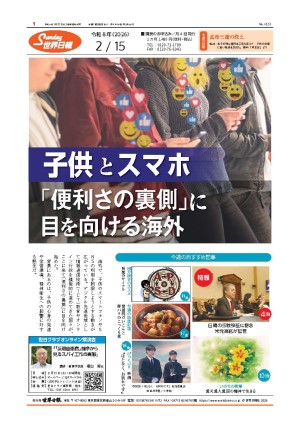現代の「専門知識」信仰を省みては? Blinded by science: Why modern faith in ‘expertise’ should be tempered
今日の米国で、最も敬われているのは、技術者である。そういう人たちは、えてして、シリコンバレーやボストンに住み、ワシントン・タイムズ本社近くのメリーランド州モンゴメリー郡にも住んでいる。彼らの働き方は、ピンからキリまでで、まちまちであるが、奇跡的に見える病気治療に関する発表をしたり、銀河系外の星雲を植民地化したり、兵器システムを進化させたり、コンピューターに人の意識を組み込んで不死を達成したりする役割を任せられている。
...【全文を読む】







